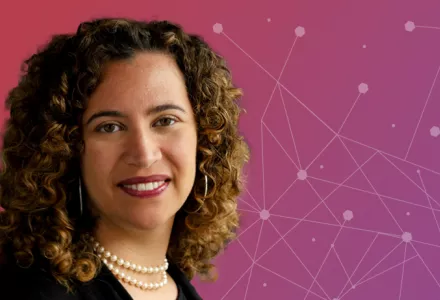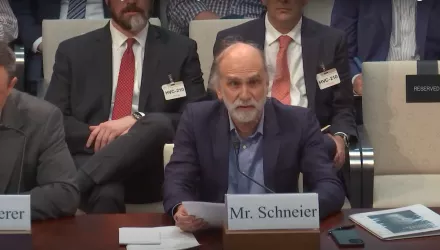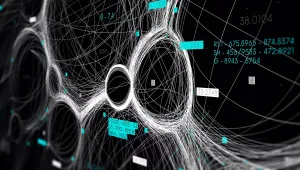AI Cyber Lunch: Meredith Broussard on "Confronting Race, Gender, & Ability Bias in Tech"
What if racism, sexism, and ableism aren't just glitches in mostly functional machinery—what if they're coded into our technological systems?
Please join the Science, Technology, and Public Policy Program for an AI Cyber Lunch Seminar featuring Meredith Broussard, Associate Professor at the Arthur L. Carter Journalism Institute of New York University. In a talk entitled "Confronting Race, Gender, and Ability Bias in Tech," Broussard will explore why neutrality in tech is a myth and how algorithms can be held accountable.
Q&A to follow. Buffet-style lunch will be served.
Registration: In-person attendance is limited to current Harvard ID holders. No RSVP is required. Room capacity is limited and seating will be on a first come, first served basis.
Members of the public are welcome to attend virtually via Zoom. Virtual attendees should register using the button below; upon registering, attendees will receive a confirmation email with a Zoom link.
Recording: Please be advised that this seminar will not be recorded.
Accessibility: Persons with disabilities who wish to request accommodations or who have questions about access, please contact Liz Hanlon (ehanlon@hks.harvard.edu) in advance of the session.



